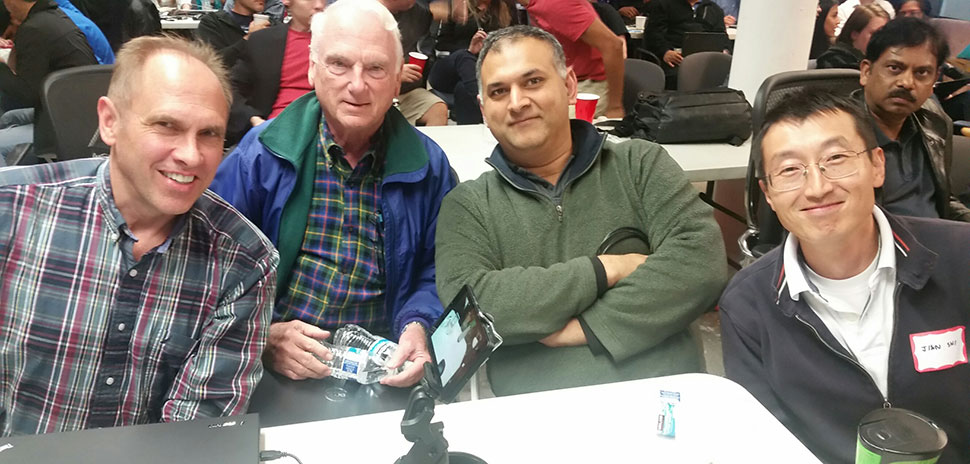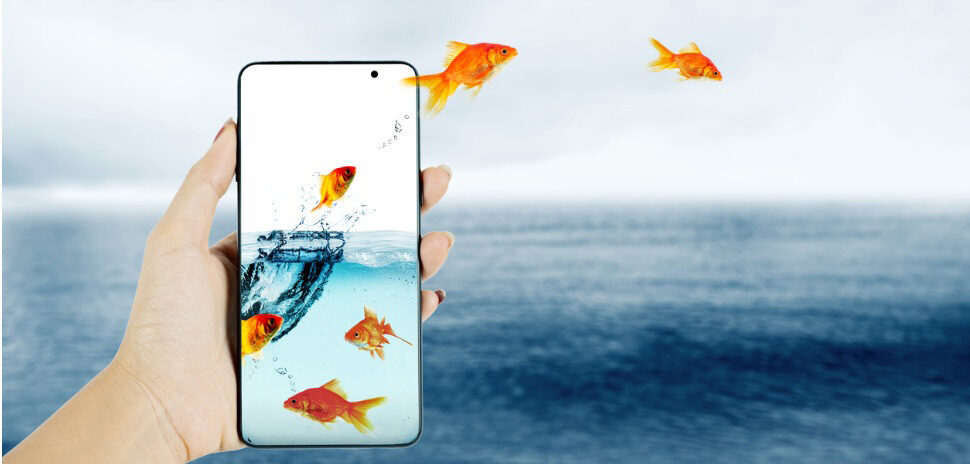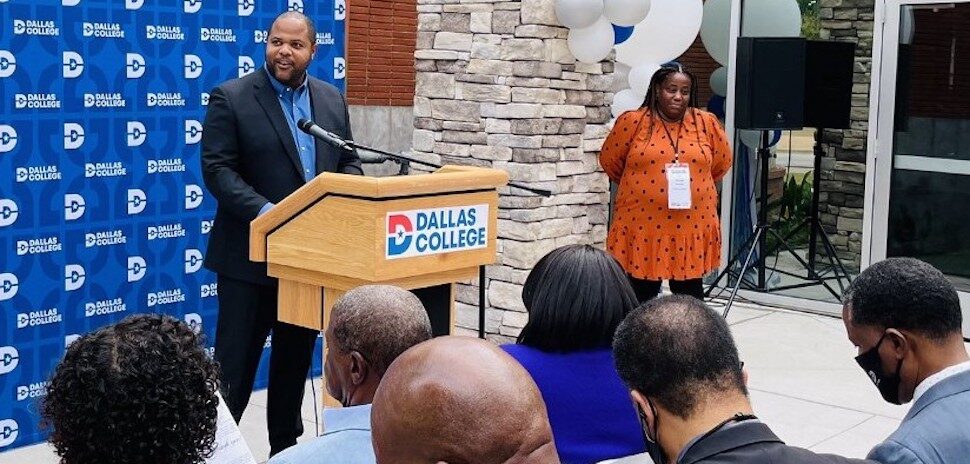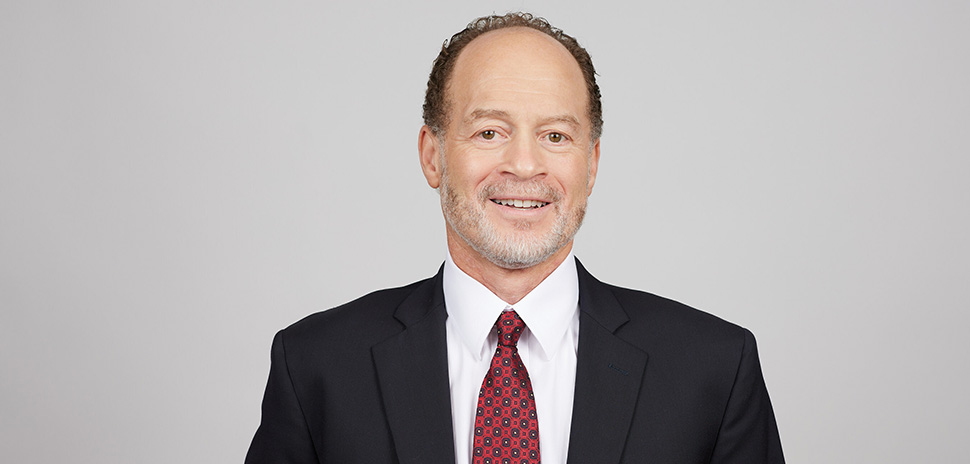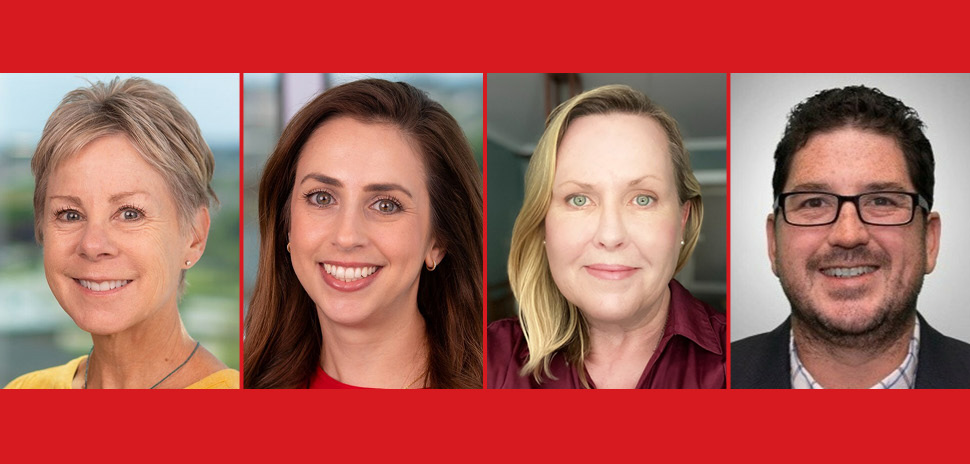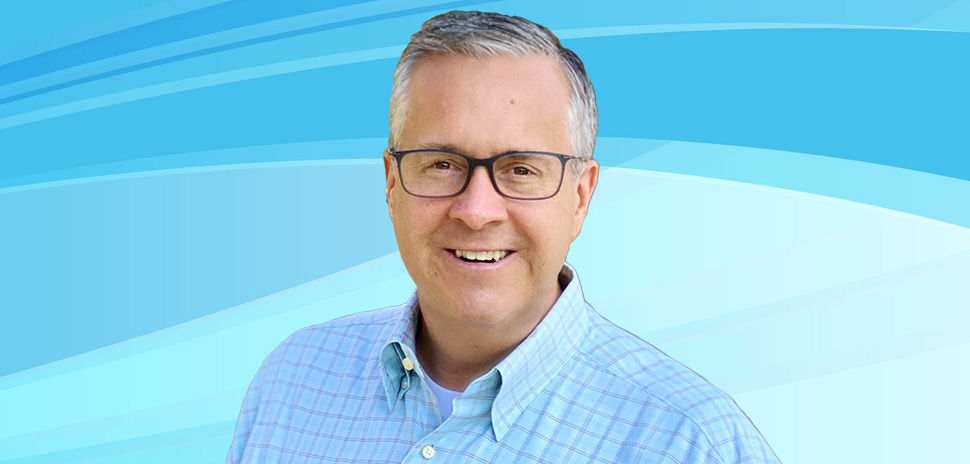More than 150 programmers, coders, and robotics enthusiasts crammed the Dallas Entrepreneur Center (DEC) over the weekend to compete for the mantle of Dallas’ best developer at the AT&T IoT Hackathon, and for the chance to compete in Las Vegas Jan. 4 for all the marbles at the AT&T 2017 Developer Summit.
The primary goal of the event was to develop technology that would help Dallas advance in becoming a smart city (a municipality that uses technology –- usually through apps and/or data — to improve the way things work).
Participants at the Nov. 18-19 Hackathon spanned in age from high schoolers to senior citizens and came from across Texas and Oklahoma to compete.
Their mission: To develop apps that address the topic of women in tech, and advance the Internet of Things (IoT), and robotics.
“The turnout exceeded expectations, and we were so impressed with the diversity of ideas and participants, including several ‘first-timers’ and high school students.”
Jennifer Sanders
“We definitely consider the event a success,” said Jennifer Sanders, Executive Director of the Dallas Innovation Alliance, one of the event’s sponsors. “The turnout exceeded expectations, and we were so impressed with the diversity of ideas and participants, including several ‘first-timers’ and high school students.”
Earning the event’s Mechatronics Excellence Award was Smart-Cam-Bot, which used IBM’s Watson Vision software to help a robot find Carl W. Ott Jr.’s Real Ale Fireman’s #4.
Ott, a member of the Smart-Cam-Bot group, said their invention spawned from his experience with his motion-activated Ring Video Doorbell, which captured excessive footage of his cat.
On stage, the Smart-Cam-Bot –- which was programmed to look for a 12-ounce bottle of beer –- used Watson Vision to avoid videotaping the cat (they used an old-school push-button desktop phone in place of the cat on stage) and to eventually track down Carl’s beverage. In doing so, the robot won the team $2,500, and the chance to advance to Las Vegas.
Their group, founded in 1984, had an unseen advantage in the competition: They all knew each other from their membership in the Dallas Personal Robotics Group, which claims to be one of the country’s oldest special interest groups dedicated to the development and use of personal robotics.
“Although we’ve helped each other at times in the [robotic] club with various tips and tricks, this is the first time the four of us have done a project from napkin-idea through [the] pitch, and even winning an award,” Ott wrote in a response to emailed questions from Dallas Innovates. At least a quarter of all work done on competing projects must have been completed during the Hackathon, event rules state.
Taking first for Best Overall App or IoT Solution/IBM Watson Challenge (and the total prize money of $7,000) was CoffeeWatch, which also used IBM Watson and other technologies to enable a coffee pot to take a photo of the person who took the last cup of coffee without refilling the pot, then (if necessary) to Tweet a photo of the culprit to publically shame them.
Other recognitions included:
- 2nd place in the IBM Watson Challenge (and a $1,000 prize) went to the Smart Dallas Flood Detection app, which uses sensors and photo analysis to detect rising flood waters, emergency alert relays and notification of a person or vehicle in the water to warn of hazardous conditions and reduce emergency response time.
- 1st place in the category of Best App or IoT Solution from a Women-Led Team (and a $1,000 prize) went to Emily, which integrated tech into light poles, allowing two-way communication about emergency/weather alerts, and providing Siri-like assistance to women about shelter and other assistance available.
- 2nd place (and $500) in that category went to Safety Meter, an app that allows users to monitor crime in neighborhoods in real-time.
- The Smart Cities thematic prize (and $1,500) went to Digital Clerk, which literally guides users to what they’re looking for, whether it’s a bathroom, a class, or even a non-fiction book (the app was developed with the City of Dallas’ J. Erik Jonsson main library in mind).
All winners must compete in semi-finals to qualify for the Las Vegas event Jan. 4. The apps developed for the Hackathon are still in the developmental stage, and aren’t available in app stores (yet).
The event was sponsored by AT&T Developer Program, AT&T HR, IBM, the Dallas Innovation Alliance, the Dallas Entrepreneur Center (DEC) and Dallas Open Data.
Delivering what’s new and next in Dallas-Fort Worth innovation, every day. Get the Dallas Innovates e-newsletter.










